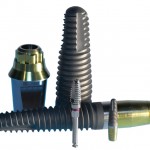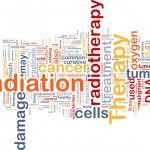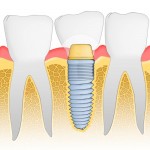
This review of of the effects of oral supplementation on the prevention and/or treatment of oral mucositis in patients with cancer undergoing chemotherapy and/or radiotherapy included 12 RCTs and suggest that Zinc supplements may be beneficial.
[read the full story...]





